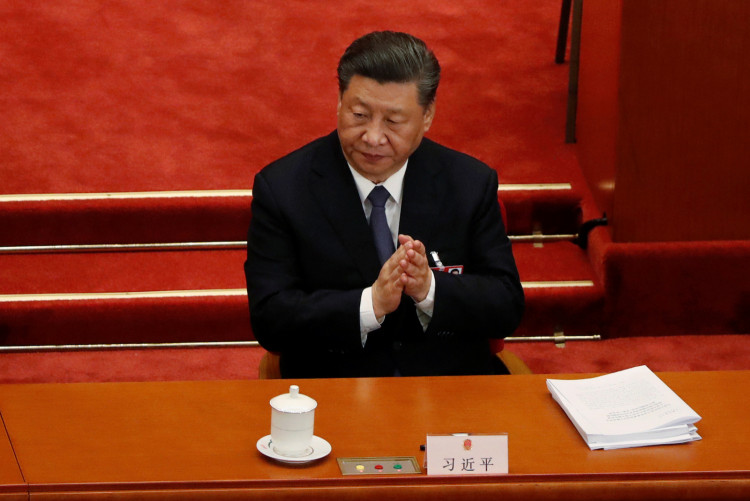For the first time in more than two years, Xi Jinping will leave China this week for a trip to Central Asia, where he will meet Vladimir Putin barely one month before Xi is set to firmly establish himself as the most powerful Chinese leader since Mao Zedong.
President Xi will have the chance to show off his influence, and President Putin will be able to highlight Russia's inclination toward Asia. Both leaders can express their opposition to the United States when the West is trying to punish Russia for the Ukraine War.
The journey, his first outside of China since the COVID-19 outbreak began, demonstrates how secure Xi is in his hold on power in China and how dangerous the world has become as a result of the conflict between Russia and the West over Ukraine, the Taiwan dispute, and a faltering global economy.
According to Kazakhstan and the Kremlin, Xi will arrive in Kazakhstan on a state visit on Wednesday (Sep 14) and later meet Putin at the summit of the Shanghai Cooperation Organization in the historic Silk Road city of Samarkand in Uzbekistan.
Putin's foreign policy advisor, Yuri Ushakov, told reporters last week that Putin was anticipated to meet Xi during the meeting. The Kremlin refuses to disclose specifics on the substance of the conversations. China has not yet verified Xi's travel schedule.
"It is all about Xi in my view: he wants to show just how confident he is domestically and to be seen as the international leader of nations opposed to Western hegemony," George Magnus, author of Red Flags, said. "Privately I imagine Xi will be most anxious about how Putin's war is going and indeed if Putin or Russia is in play at some point in the near future because China still needs an anti-western leadership in Moscow."
Last week, Russia experienced its greatest setback in the conflict when it gave up its main stronghold in northeastern Ukraine.
One of the most intriguing geopolitical developments of recent years is the growing "no limits" alliance between the rising giant of China and the resource tycoon of Russia. The West is anxiously observing this development.
Following the collapse of the Soviet Union in 1991, Russia, once the senior partner in the global Communist hierarchy, is now seen as the junior partner of a resurgent Communist China, which is predicted to surpass the United States as the world's largest economy in the next 10 years.





